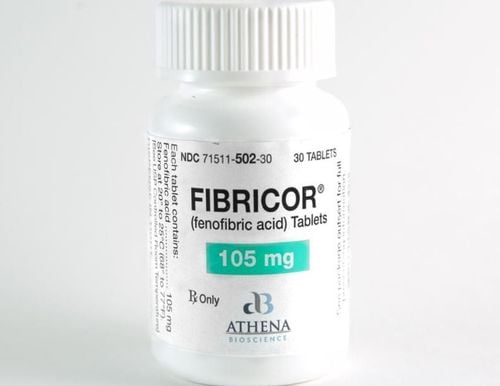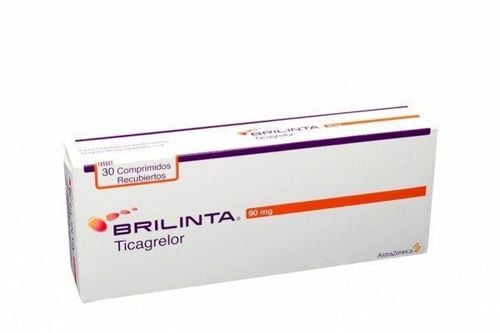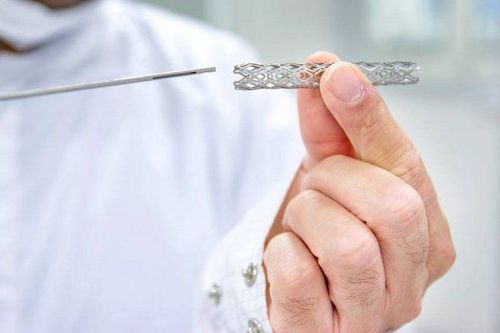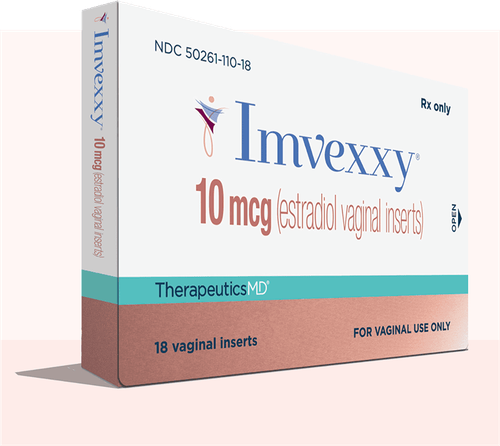This is an automatically translated article.
The article was professionally consulted by Specialist Doctor II Nguyen Quoc Viet - Department of Medical Examination & Internal Medicine - Vinmec Danang International General Hospital. The doctor has more than 20 years of experience in the examination and treatment of cardiovascular diseases and Cardiovascular Interventions (Including angiography, dilation, stenting of coronary arteries, renal arteries...), placing temporary pacemakers , forever...Coronary artery disease is a dangerous disease, but many people are not aware of this disease, they think it is a disease of men. This concept is not true because women can completely develop coronary artery disease, especially the risk of disease in women increases after menopause.
1. Risk factors for coronary heart disease
Coronary heart disease, also known by many other names such as coronary heart disease, ischemic heart disease, coronary insufficiency, coronary insufficiency all refer to an imbalance of oxygen supply and demand for the heart muscle that large is due to coronary artery stenosis.The cause of coronary artery stenosis is usually caused by atherosclerotic plaques that damage the coronary intima (accounting for more than 90% of cases). Atherosclerotic plaques grow more and more, making the heart not receive enough blood to nourish, causing myocardial ischemia.
Risk factors for coronary artery disease include:
Gender: Men often have higher risk factors than women, but after menopause from 5 to 10 years, women's risk also increases. Genetic factors: having a family history of early coronary artery disease (before age 55), high blood pressure, high cholesterol and blood sugar levels. Age: Male over 45 years old, Female over 55 years old. Hypertension: High blood pressure will increase the process of atherosclerosis, causing narrowing of the coronary arteries. High levels of blood fats (Cholesterol), especially bad fats such as Triglycerides, LDL. Diabetes mellitus (diabetes) often damages blood vessels. Obesity increases the risk of high blood pressure, diabetes, and elevated blood fats are precursors to coronary heart disease. Smoking habits are: Nicotine in cigarettes will increase the process of atherosclerosis, Less physical activity. Stress.

2. Why does the risk of coronary artery disease in women increase after menopause?
When a woman enters menopause, in addition to the physiological and beauty changes, she is also at risk of many diseases, typically coronary heart disease. At the age of 50, women will face a 45% increase in the risk of coronary heart disease, 31% increase in the risk of dying from the disease. By the age of 65, women's risk of developing the disease is equal to that of men.The causes of this condition are:
Women of childbearing age, the cardiovascular system will be protected by the female sex hormone estrogen. This sex hormone has the effect of reducing cholesterol levels in the body, protecting the walls of blood vessels and the heart. After the age of 40 (perimenopause), the amount of estrogen hormone decreases significantly and begins the progression of cardiovascular diseases such as hypertension, coronary heart disease,... Changes in the motor wall Vascular conditions facilitate plaque accumulation and blood clot formation. Changes in the amount of fat in the blood: LDL, the bad cholesterol, increases while HDL, the good cholesterol, decreases. Increased levels of fibrinogen - an important factor in blood clotting - has been linked to heart disease and stroke, because fibrinogen increases the risk of blood clots, compressing the coronary arteries, reducing blood flow. heart muscle. In addition to the above changes, the reason why postmenopausal women have more cardiovascular disease is due to: Higher rates of type 2 diabetes. More prone to thyroid disorders. There are more pressures in the family and at work than in men. The female cardiovascular system is also more vulnerable to the effects of toxic agents. It should be noted that the symptoms of acute coronary disease in women are often vague, making diagnosis difficult, nearly 40% have no typical chest pain symptoms, and can often present with manifestations of the following symptoms: Other pain such as pain in the neck, shoulder, stomach area, rapid breathing, sweating, dizziness, dizziness, vomiting or fatigue are easily confused with other medical conditions. About two-thirds of coronary heart disease in women often die suddenly without warning.
In addition, there is a traditional characteristic in Asian women. Most women, when detecting cardiovascular risk diseases, often do not treat them early, even some patients, even when having pain, tend to hesitate and hesitate to go to the doctor.
3. So what should post-menopausal women do to prevent coronary heart disease?
Faced with an increased risk of coronary heart disease in particular and cardiovascular disease in general, post-menopausal women need to do a few things to proactively prevent the disease:If you have a smoking habit, you need to get rid of the habit. this. Maintain ideal body weight. Exercise regularly for about 30 minutes a day, at least 3 days a week. Follow a low-fat diet, eat a lot of fiber, legumes, grains, vegetables, fruits and fish,... Treat and control diabetes, high blood pressure, high cholesterol (if necessary) ill). Using hormone replacement therapy: this can reduce the risk of cardiovascular disease in women. Previous studies have shown that hormone replacement therapy can reduce the risk of coronary heart disease in women by replacing the hormone estrogen lost during menopause. However, you should consult your doctor before using this therapy. For patients undergoing coronary artery disease surgery, it is necessary to have a diet after coronary artery disease surgery to avoid coronary re-stenosis.
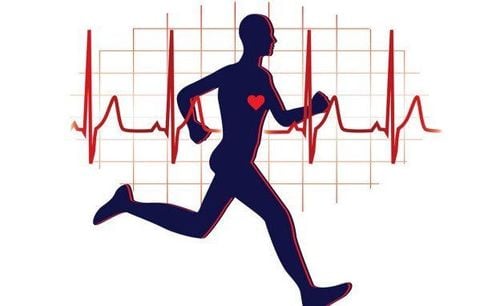
In addition, to monitor and prevent dangerous complications of cardiovascular diseases, especially for women after menopause, patients should choose periodic cardiovascular health checkup packages.
Currently, the Cardiovascular Center of Vinmec Times City International General Hospital is considered one of the centers with modern equipment, on par with the most prestigious hospitals in the world. The center has a comprehensive cooperation program with the Heart Institute - Bach Mai Hospital, the Cardiology Department of Hanoi Medical University, Paris Decartes University - Georges Pompidou Hospital (France), the University of Pennsylvania (USA). ,... The expert team of the Cardiology Center includes experienced professors, doctors, specialists in 2nd degree, master's degree in the field of medical treatment, surgery, cardiac catheterization. intervention and application of advanced techniques in the diagnosis and treatment of cardiovascular diseases.
Please dial HOTLINE for more information or register for an appointment HERE. Download MyVinmec app to make appointments faster and to manage your bookings easily.
The article references the source: Vietnam Cardiology Association




